The Great EV Rip-Off: Australia confirmed as world's worst environmental joke
Politician versus environment: Victoria's unjust EV tax has passed through the upper house. Let’s meet one of the people who was critical in supported this bill and getting it passed.
Competition is heating up for ‘Australia’s Most Misguided Politician’.
Now, a Victorian cross-bencher has weighed in, on the topic of taxing consumers, once again, who buy expensive things. What a novel idea.
Meet Rod Barton, a taxi driver and founder of the Victorian Transport Matters Party; a man who works tirelessly, according to him.
Rod Barton, from the Transport Matters Party, doesn’t seem to understand how transport works.
Mr Barton here was one of five crossbenchers to support the new Victorian tax on electric cars. The tax designed, as far as I can see, to make Australia look even more like a global laughing stock on environmental issues, here in Australia.
The legislation passed in the Victorian Upper House in mid-May, 2021, and Barton couldn’t be happier about it, such was the press release written on his behalf:
What Minister Barton is saying here is this has nothing to do with doing the right thing environmentally or morally. When we interpret what he’s really saying, it means, ‘if we wait for a critical mass of EV owners they’ll tell us to get stuff, and may not vote for us.’
This decision is based, apparently, on nothing more than political expediency. This kind of conduct is so apparently divorced from the common good, it should make you sick to think these people were voted in by us, the people. Barton is saying they know their constituents don’t want this tax, which is why they’re doing it now.
MORE REPORTS ON POLITICS IN THE CAR INDUSTRY
Politician Vs Your Car: How your personal mobility is under attack >>
Ford in-car advertising. It's just around the corner. Welcome to Hell. >>
JobKeeper scheme fails the taxpayer and delivers more auto industry welfare >>
Why Victoria's EV subsidies are such an insult >>
Scott Morrison, the car industry and the ‘zero emissions’ lie >>
My AutoExpert AFFORDABLE ROADSIDE ASSISTANCE PACKAGE
If you’re sick of paying through the neck for roadside assistance I’ve teamed up with 24/7 to offer AutoExpert readers nationwide roadside assistance from just $69 annually, plus there’s NO JOINING FEE
Full details here >>
Politicians, of course, can’t be quiet for long; it’s just not what they do.
Medianet, channeling Mr Barton, are trying to tell you the Victorian government is handing $60 million back to the first 20,000 buyers of cheap EVs (under $60,000).
And the other $40 million is going, non-specifically, into infrastructure. Guess what, Rod, the poles and wires are already there, you just need the chargers in place. That’s not exactly Snowy Hydro, is it? You might as well just use the incentives money on the so-called infrastructure you’re referring to, Rod. I know Politicians aren’t mathematicians, but honestly, school children can figure this out.
Private companies can do all that ‘investing in infrastructure’ without your so-called ‘help’. And didn’t you privatise electricity? Why can’t those electron-generating companies simply ‘invest’ in their ‘infrastructure’, as you put it?
This is what passes for logic when taxi drivers become shot-callers in the dumbest government ever.
They even say throwing $100 million in this direction will not disadvantage the poor.
So, let’s get this straight: The Victorian government wants to take $100 million out of the consolidated revenue and for you, the tax-paying consumer, to hand $60 million back, to people wealthy enough to buy an expensive new EV for $60,000, while you give massive corporations like United Energy, AusNet, Powercor, CitiPower and Jemena $40 million to ‘invest’ in their own businesses.
How is that $100 million being spent looking after the socio-economically disadvantaged?
It’s a zero-sum game. And this is not Monopoly money they’re spending here - it’s yours.
Let me put this into context for you: The average car in Australia drinks about 11.1 litres of fuel for every 100 kilometres. And it travels about 11,100 kilometres every year. So, that’s 1230 litres, roughly, annually. This data is from the Australian Bureau of Statistics Survey of Motor Vehicle Use, 12 months ended 30 June 2020.
And there’s about 50 cents worth of tax on every litre of fuel. So that’s about $600 worth of tax on fuel. And it’s not being spent specifically on the roads - it’s going into consolidated revenue, like every other tax. The GST, your income tax, the taxes on booze, ciggies, registration, stamp duty, etc.
So, if a person buys a $75,000 Kona Electric, they are paying $25,000 more than they would for a petrol Kona. That’s about $2300 more GST for the Kona Electric buyer, plus $1250 more in stamp duty just to get it on the road. Let’s call that about $3500 more in taxation to own the EV, up front.
So that’s just shy of six years before the petrol car owner and the EV owner break even on tax. Nobody seems to be doing these calculations. It certainly seems to be above Rod Barton here, and that other genius Rob Stokes in NSW.
NSW Planning Minister Rob Stokes fails at this too >>
Instead, there seems to be an indefensible spin campaign, whipping up the default moron in the public with the notion that ‘these people’ driving EVs are ‘getting away’ with using the roads ‘for free’ - which is just such emphatic misinformation.
But you need an actual attention span to realise the facts, when you crunch the numbers and have proper analytic abilities, they don’t add up to the claims the Victorian government is making.
But if these politicians could do that, they might actually engage the public, together with leading scientists and engineers and other technical experts about exactly how to engineer the best future - in this and so many other respects.
Instead, the electorate - that’s you and me - we get this:
That’s on Barton’s official website, on the ‘Meet Rod’ page.
This (in my view) is yet another sad indictment of the people we elect to make big decisions for the future. First up, there is no ‘believer of’, it’s ‘believe in’.
But let us not detain ourselves believing needlessly in things that simply exist. When something exists, ‘belief’ is redundant. There’s no need to believe in the sun, or the Pacific Ocean, or Mount Everest, or the COVID pandemic, or public transport. These things all exist and are objectively real, you can see, hear, touch and smell these things. Belief in them is superfluous.
What Mr Barton ‘believes’ is irrelevant - only the facts matter. Taxing electric vehicles is extortionate and stupid.
You can support public transport infrastructure reform, or not. But if you don’t believe in public transport, you are simply insane and disconnected from reality.
Rod’s top belief is of public transport. Well done.
No word yet on how the nation becoming an environmental laughing stock helps public transport - it simply keeps people in cheap internal combustion cars, blocking the roads for buses and his dearly beloved taxi industry.
Perhaps if we tipped some more revenue into public transport, that would also help the poor.
Of course, there are some more facts the minister hasn’t considered here.
There are currently only about 6000 EVs on Victoria’s roads. That’s according to a CarsGuide report earlier this year. All those people - 6000 of them - have already paid tax, well over the odds, and they paid up front.
There are four million passenger vehicles in Victoria. That’s according to the Australian Bureau of Statistics. That’s 15 EVs for every 10,000 passenger vehicles on the road.
Even adding that 20,000 incentivised EV sales to the mix, the proportion would still be less than one per cent. That’s not anywhere close to critical mass.
Mission accomplished making Australia look like a joke on the world stage.
One of the main reasons EV ownership is not higher in Australia is we have no federal government ‘corporate average’ fuel consumption-type regulations, like they do in the US and the EU. With production and supply of EVs limited, they go first to markets where the regulations mandate (or at least allow for better) supply. Australia gets the dregs because nobody (where it matters in the corporate automotive world) takes us seriously.
Conclusion: Who you vote for really matters
Finally, someone in government needs to sit down and explain how roads are different to health, to the police, the courts system, to basic education, defence of the nation, border security, biosecurity, pandemic preparedness and all the other responsibilities we entrust elected officials to get done for us in the public interest.
Imagine if user-pays was adopted by the police when you’re being burgled and stabbed. Perhaps you should pay more for your share of the use of the police, and then the hospital you’re sent to, and of course the courts services you use in putting the offender in jail.
Surely cancer patients would receive a user-pays levy for the public hospital system, ther government-funded cancer treatment centre employing medical miracles to save lives. Why should this fall asymmetrically to the healthy?
Perhaps we could even weigh people’s garbage and charge for collection on a per-kilo basis, so that hoarders are not unfairly penalised. Hoarders are people too, doing their bit to keep finite resources out of landfill.
Roads are a critical piece of economic and strategic infrastructure for any developed nation. What nobody in government at any level is telling you - what they simply will not admit - is that the motorist is a tremendous cash cow. Disproportionately so. That’s how government looks at you and I.
This is happening at every level, from the local governments charging you through the neck to park your car (and bleed you dry for being 5 minutes over), to state governments doing deals for toll roads our taxes already helped build, infesting the roads with speed cameras and over-zealous revenue-collecting thugs sometimes referred to as police, and the Federal government sucking the GST (and other revenue) out of your bank account every time you buy anything for your car - from new tyres to insurance and fuel, a bullbar, your camping permit.
The most inequitable thing about owning a car is the amount all of us already pay - including EV owners - compared with the ridiculously small proportion that is re-invested in the actual infrastructure we drive upon, the roads. Taxing EVs per kilometre is a globally humiliating sideshow at best.
If you want to be fair about it, Rod and every other politician, do it this way.
Remove the burden of rego, stamp duty, fuel excise and all other motoring-specific taxes, then figure out how much revenue the road system needs to generate, plus what it costs to be maintained and contribute otherwise to society.
Divide that by the tonnes and the kilometres every vehicle drives, put a GPS data logger in every car, and send every motorist a quarterly bill.
Stop giving in to the trucking lobby or taxis union, because that would be unfair, and the status quo.
That way, we (actually, you lot) would be leaders globally on equitable taxation reform, not a joke with a cross-bench taxi driver calling the shots.
You can contact Rod Barton and tell him what you think of Road User Charging by emailing him at Rod.Barton@parliament.vic.gov.au







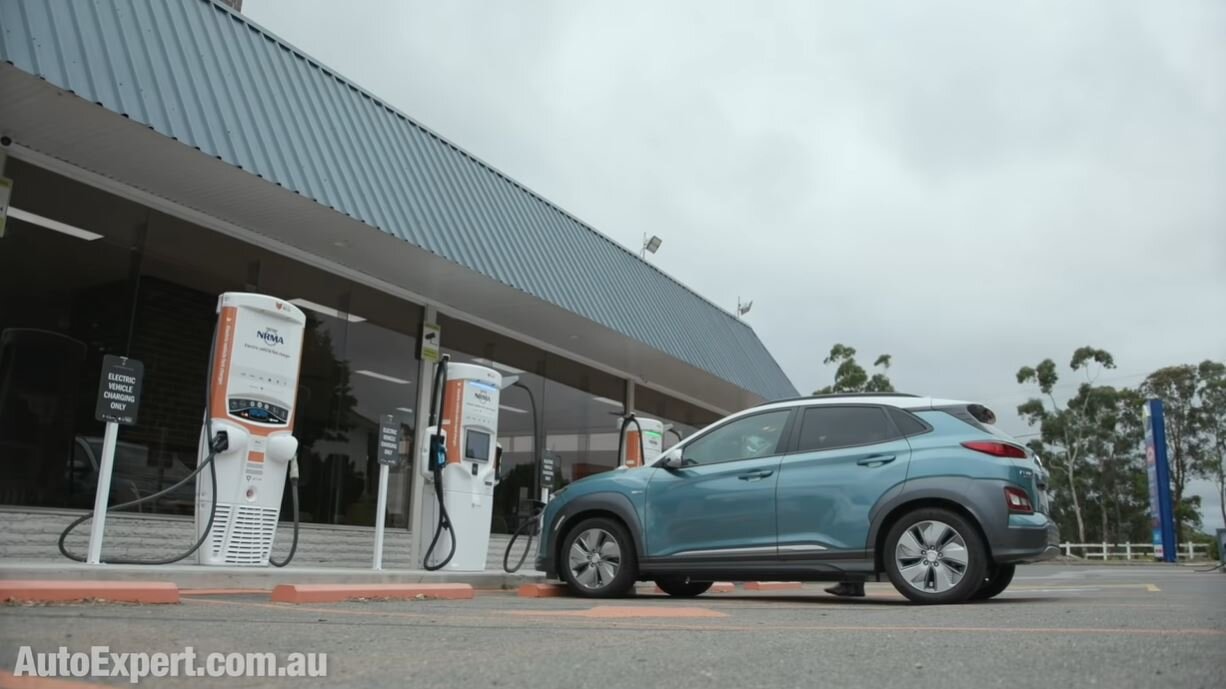









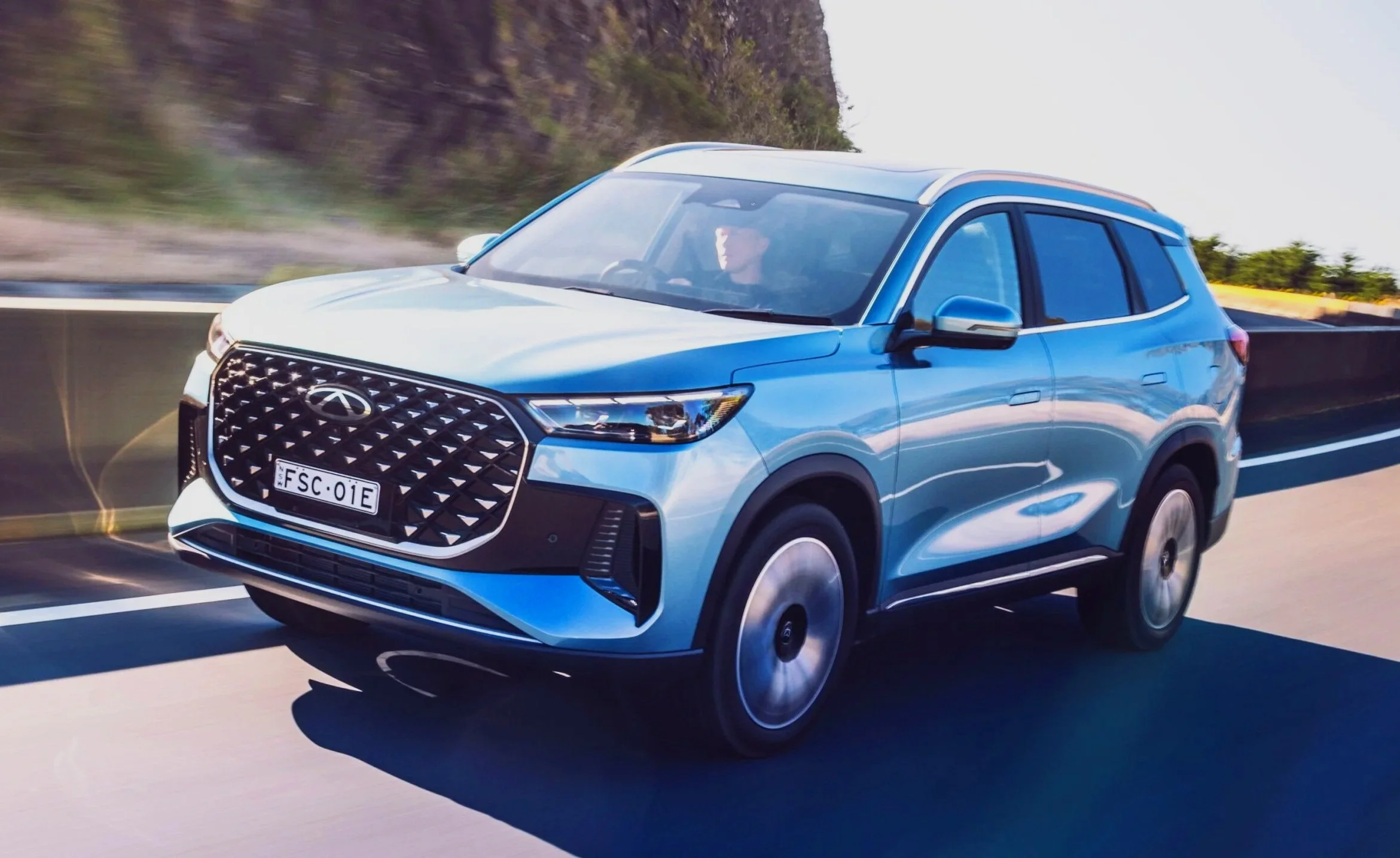
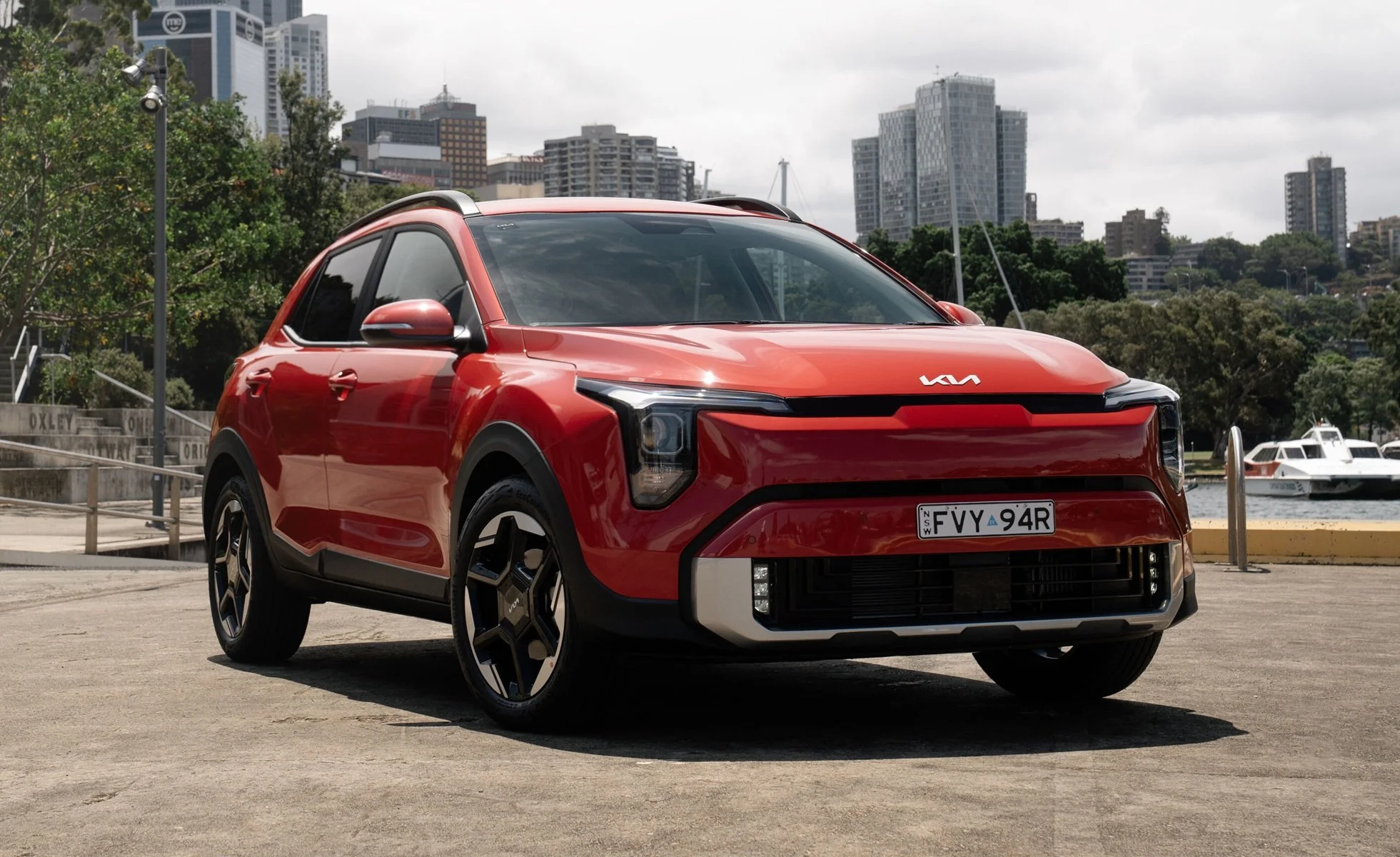
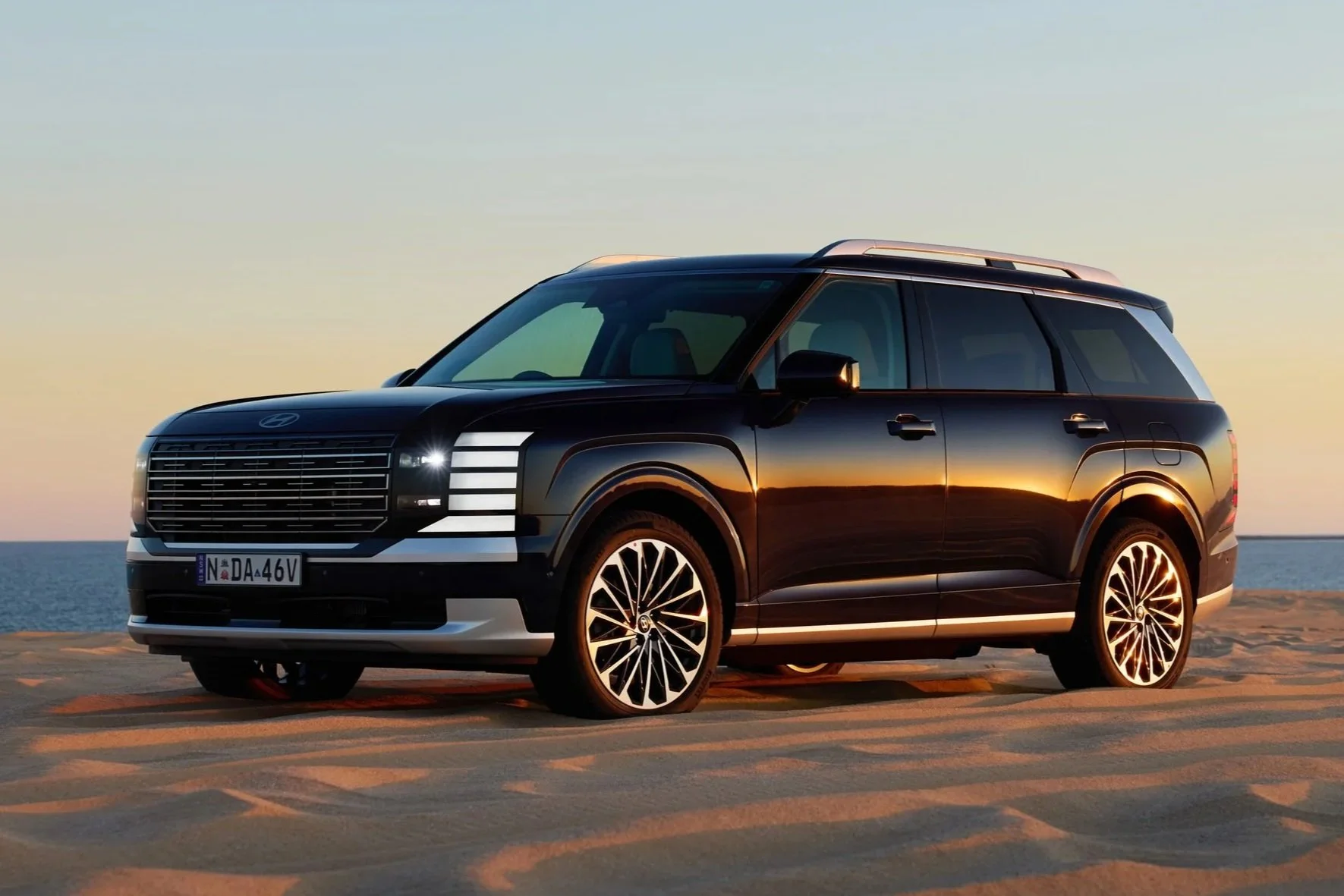
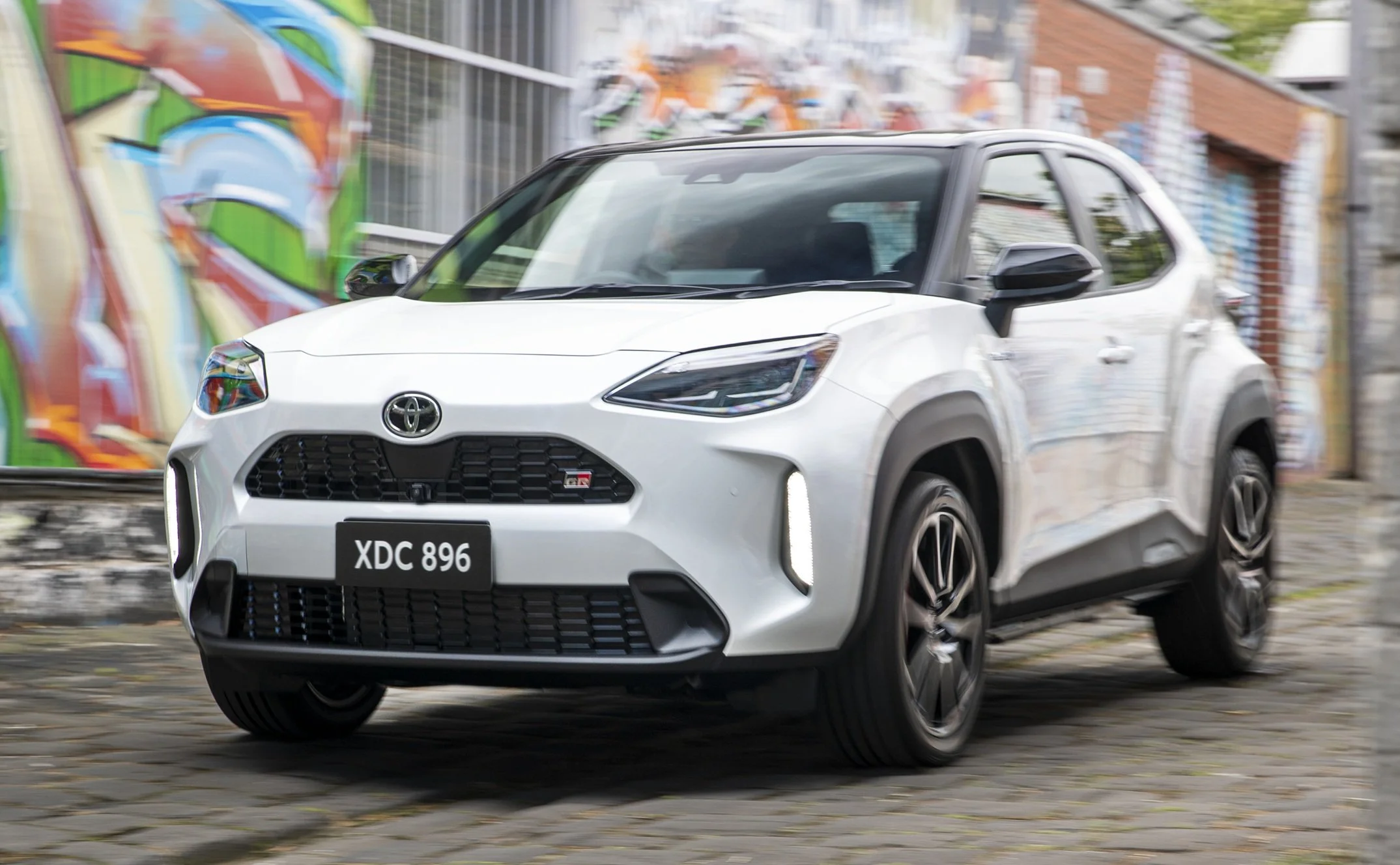


Just because a ute is cheap, that doesn’t mean it’s worth the money. Is the GWM Cannon more than just a cut-price Ranger wannabe? Can it offer towing, off-roading capability and robust design to compete with the big brand dual-cab utes like Hilux and Triton?